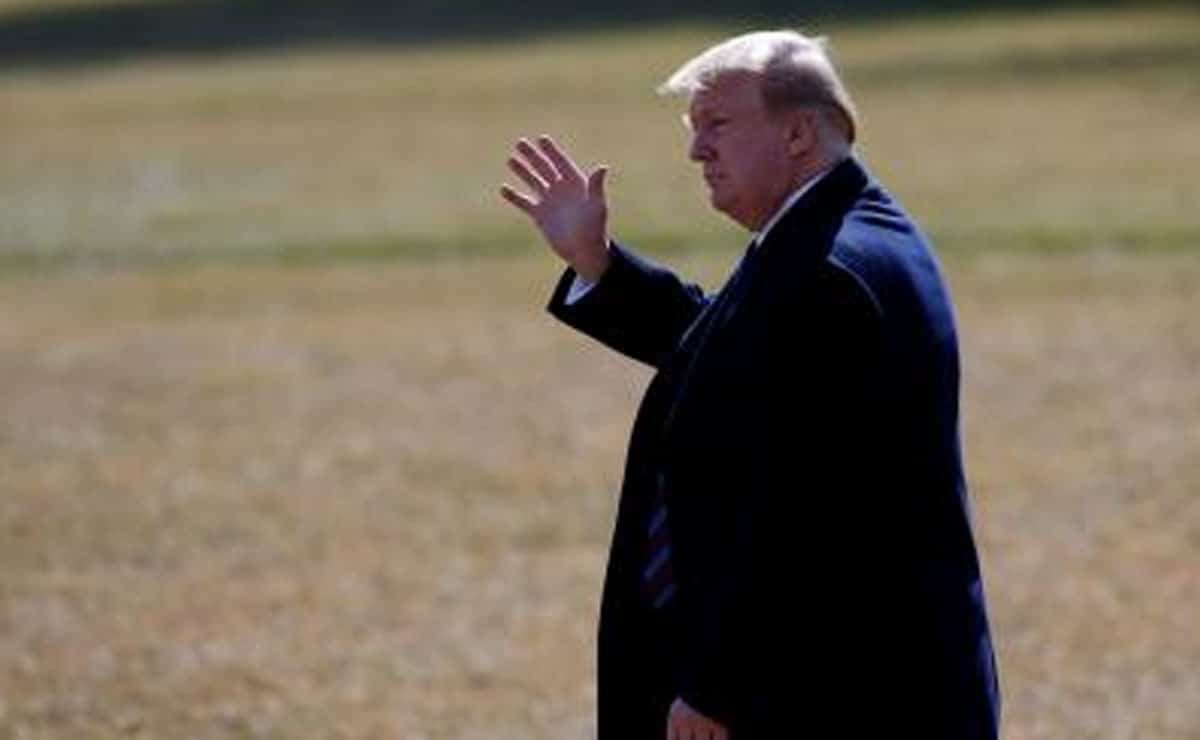If US President Trump turns negotiator, Pakistan, Afghanistan likely to fall in line
US President Donald Trump has featured in yet another ceasefire agreement, this time in Asia -- between Thailand and Cambodia -- and reiterated his intent to broker peace between Afghanistan and Pakistan.

New Delhi: US President Donald Trump has featured in yet another ceasefire agreement, this time in Asia — between Thailand and Cambodia — and reiterated his intent to broker peace between Afghanistan and Pakistan. Reports coming from Istanbul suggest that follow-up talks on the Doha agreement of October 18-19 remain inconclusive following either side disagreeing with the other’s “draft proposals”. However, mediators Turkey and Qatar are said to be still trying to work out a possible middle path.
Reports suggested the possibility of the establishment of “a four-party channel” to monitor the implementation of the ceasefire agreement, and also to evaluate violations and facilitate the exchange of information between the two neighbours. Quoting sources, Afghanistan’s Tolo News reported that a draft proposal from Kabul’s negotiators was delivered to Islamabad’s delegation “through mediators”, while Pakistan too shared its own drafts.
Also Read: Gujarat readies for historic Unity Day celebrations under PM Modi’s vision
The Afghan team, said the report, has demanded that there should be no violation of its airspace and land borders by Pakistan, and that Islamabad must refrain from allowing opposition groups to use its territory against Afghanistan. Pakistan’s Dawn newspaper has, meanwhile, reported that the country’s security officials have said that Islamabad’s delegation had presented its “final position” to Kabul’s representatives.
The statement reiterated Pakistani Defence Minister Khwaja Asif’s threat earlier, when the Istanbul round began on Saturday, October 25, that failure to reach an agreement would mean “open war.” Incidentally, Asif had led the Pakistani delegation in Doha talks with his counterpart from Afghanistan, Mullah Muhammad Yaqoob, with Turkey and Qatar mediating. Soon after the agreement, Asif emphasised that the ceasefire will only hold if the Taliban stops cross-border terrorist attacks. In Istanbul, Afghanistan’s delegation includes political and security figures, while Pakistan’s team is composed of officials from the country’s security and intelligence sectors.
On the current round of talks, according to the Dawn, the Pakistani official has said that the Taliban regime must take “concrete and verifiable steps to eliminate cross-border terrorism from and inside Afghanistan”. The Taliban has, meanwhile, repeatedly claimed that it does not support any terror activities from its soil. The regime alleged that the attack on Pakistan’s border posts on October 18 was in retaliation for an aerial attack carried out by Islamabad within its territories, including Kabul. In what is being seen as a matter of interest within, and for the portrayal of a strong narrative within, both sides have stuck to their individual demands, not agreeing to take a step back under any influence.
However, President Trump’s influence may drive the two countries to accept a working truce, even if it comes with conditions implied. For Islamabad, the United States can provide relief for an administration beleaguered with rising rebellion inside the country and its borders. It can also provide monetary assistance directly or through its influence on international financial agencies and donors.
For the Taliban, it can provide similar options, but more than anything else — a chance to walk the path to a possible recognition of its regime by the world’s most powerful country. At present, though about 40 countries of the world maintain some relation with Kabul, only Russia has granted it official recognition.
